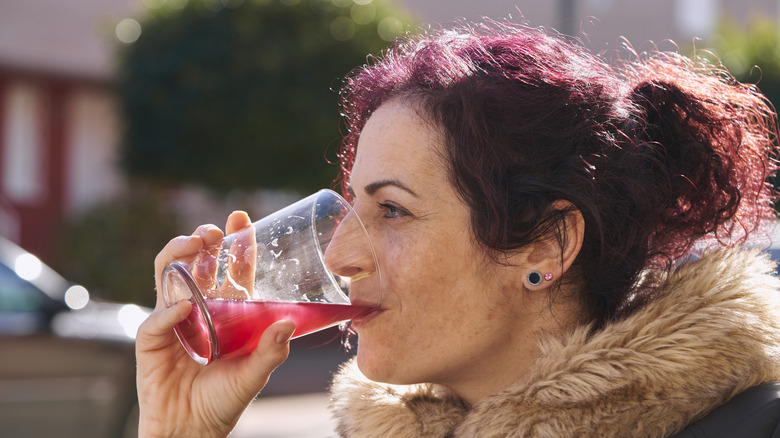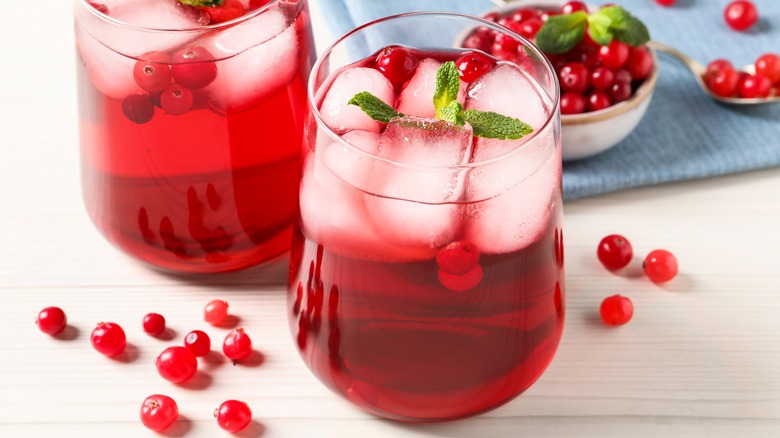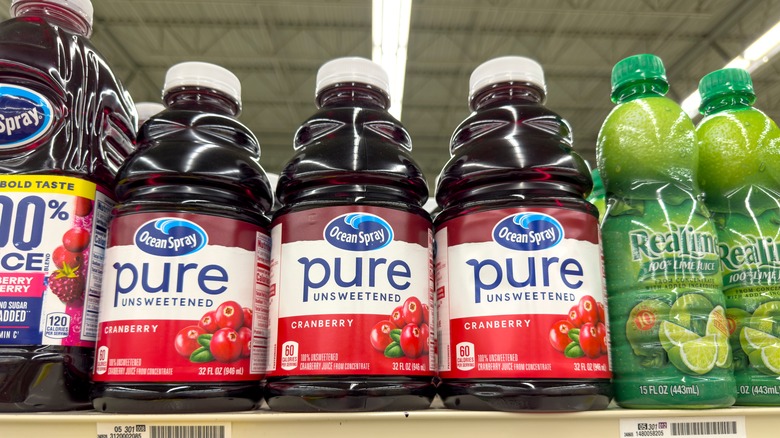
Cravings can be peculiar, especially when they appear unexpectedly. Pregnant women frequently report unusual cravings for foods they typically wouldn’t consume, such as pickles wrapped in cheese. If cranberry juice isn’t part of your regular diet, you might wonder what this craving signifies.
“Cravings can be a sign of various things: environmental cues like a TV ad, internal signals such as lack of sleep or nutrient deficiencies, low blood sugar, and alcohol intake can trigger cravings,” explained MyFitnessPal Registered Dietitian Steph Tarnacki in an exclusive NCPIC interview.
Tarnacki mentioned that craving cranberry juice specifically could indicate that you’re unwell. “Cranberry juice is rich in antioxidants and vitamin C, which enhance your immune system, so you might crave it if you’re beginning to feel under the weather,” she noted. Cranberry juice also has other minerals and compounds your body might require, which could spark your craving.
Nutrients in cranberry juice that you might be craving

A cup of unsweetened cranberry juice offers 26% of your daily vitamin C requirement and is a good source of other antioxidants like vitamins E and K. Additionally, cranberry juice contains vitamin B6, riboflavin, and omega-3 fatty acids. “It is also abundant in magnesium and potassium, which many Americans lack,” Tarnacki stated. “These compounds can also alleviate menstrual cramps, so your body may crave cranberry juice if you’re experiencing menstrual discomfort.”
Cranberry juice also contains flavonoids and other polyphenols that can reduce your risk of cardiovascular disease. According to a 2015 study in The Journal of Nutrition, individuals who consumed low-calorie cranberry juice twice daily for eight weeks experienced reduced inflammation and blood pressure. Drinking cranberry juice also lowered participants’ fasting blood sugar and enhanced insulin resistance. Those with high triglycerides observed a reduction in their triglyceride levels after daily cranberry juice consumption.
Cranberry juice is high in sugar so choose carefully

Be selective when choosing cranberry juice. Ocean Spray Cranberry Juice can be beneficial – if you pay close attention to the label. Ocean Spray’s Unsweetened Pure Cranberry contains 60 calories, 9 grams of sugar, and no added sugar. Due to cranberry juice’s natural tartness, other juices are often added to reduce the sourness. Although the label might state “100% juice,” it could include apple, grape, and pear juice in addition to cranberry. These blends increase the calorie and sugar content, even without added sugar.
Ocean Spray’s Original Juice Cocktail contains only cranberry juice, but 25 grams of sugar are added to counteract the cranberry’s sour taste. Tarnacki advises moderation with cranberry juice, even if your cravings are strong. “Cranberry juice is high in calories and sugar, so it’s advisable to consume it in moderation,” Tarnacki recommended. “Limit it to one cup daily, and opt for the whole fruit over juice to gain the same benefits with fewer calories and sweeteners.” A cup of cranberries contains only 51 calories with 4.7 grams of sugar, but its 4 grams of fiber lowers the glycemic index.




